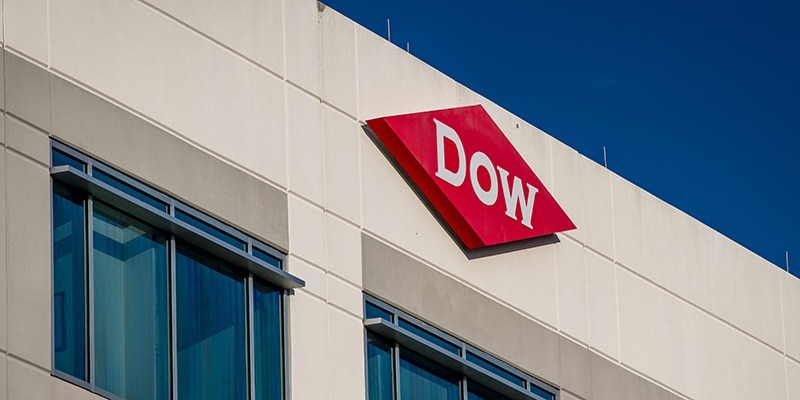Contributions Focus
The political process significantly impacts Dow, through government policies, legislation, and judicial and regulatory decisions. Dow actively participates in the political process through legally authorized advocacy, grassroots efforts, and financial contributions.
Dow is committed to the highest standard of ethical conduct in its involvement in the political process.1 All financial contributions strictly adhere to federal and state laws regarding contribution limits on amount and source, criteria and reporting requirements. Contribution information is a matter of public record and readily available to interested parties through the Federal Election Commission, IRS and Secretaries of State. In addition, beginning in 2009 Dow will publish on dow.com an annual consolidated report of Dow’s corporate political contributions.
Federal Contributions
Federal law prohibits corporations from providing political contributions directly to candidates for federal office. A contribution is: any direct or indirect payment, distribution, subscription, loan, advance, deposit, or gift of money, or services or anything of value directly to any candidate, campaign committee, political committee, or political party in connection with any federal election.
Furthermore, the Bipartisan Campaign Reform Act of 2002 (“BCRA”) prohibits national party committees, including their affiliates and agents, from accepting or directing corporate contributions for use in connection with non-federal election activities. Thus, unlike in the past, corporations may not make any contributions (federal or otherwise) to a national political party committee (or any affiliate or agent thereof) for voter registration, get-out-the-vote and other party building purposes. The BCRA also prohibits the use of corporate funds to pay for “federal electioneering communications,” which are defined as a broadcast, satellite or cable communications that make reference to a federal candidate 60 days before a general election or 30 days before a primary election and, in the case of a congressional election, are “targeted” to the relevant state or district.
As a result of Citizens United v. Federal Election Commission in 2010, the federal election law permits corporations and unions to fund independent expenditures on behalf of candidates, but this must be done without any coordination with the candidate or their campaign. They also may fund so-called “Super PACs” which are political committees that may accept unlimited amounts of personal and corporate funds but may only make independent expenditures and may make no contributions.
A corporation may contribute to state and local candidates as permitted by state law. It may also contribute to state and local political party committees to the extent permitted by state law, but a corporation may contribute no more than $10,000 per year to a state or local party committee to pay for mixed purpose federal/non-federal activities, i.e., voter registration, get-out-the-vote and other generic campaign activity conducted in the period leading up to a federal election.
Other than stated above, federal election law does not prohibit a corporation from making contributions to political organizations (including certain PACs) and other tax-exempt organizations that engage in voter registration, get-out-the-vote and other non-federal political activities. Such contributions may not be solicited, however, by any national party committee, federal elective officeholder or federal candidate, or any affiliate or agent thereof. Consistent with state and federal election law, Dow expends money for political purposes and contributes to trade associations and tax-exempt organizations as described above and provides additional disclosure on such activity. The Company reports annually any independent expenditures it makes on behalf of candidates.
State Contributions
Individual states maintain jurisdiction over laws governing state political contributions. Refer to relevant state campaign contribution laws for details. Where legally authorized, the corporation may contribute to state candidates, parties, PACs, committees, and ballot measures provided that expenditures/contributions are specifically authorized and reported to the appropriate state agency.
Effective governance processes are in place to oversee political contributions made by the Company.
1Dow Guidelines for U.S. Corporate Political Contributions incorporates by affiliation the Dow Code of Conduct which summarizes many of the Company’s ethical principles and policies. Specifically, see Code sections regarding Integrity and Citizenship.
Last Update: 06/13/2019





